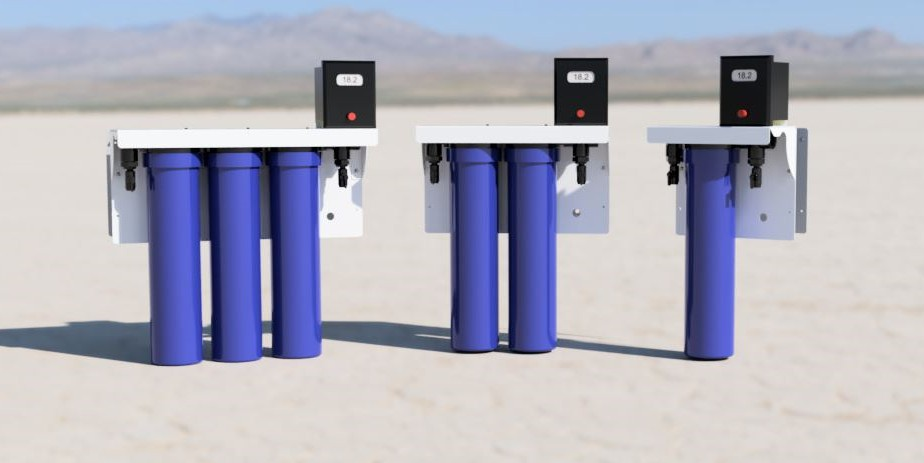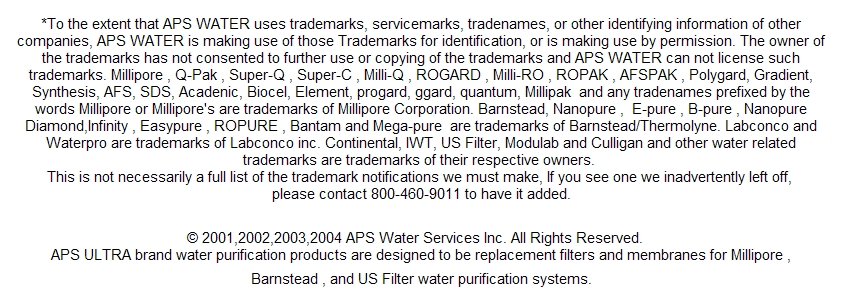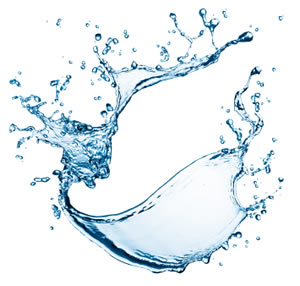|
Lab Water Systems
Everything you need to make science grade water |
An APSWATER Micro-Website™
A US Government Supplier DUNS 787700418 Rated "A+" with the BBB 33 years, Zero Complaints Click here to see our record |
 |
ON SALE NOW Introducing the Polaris Lab Water Systems High Purity Water Made In The USA. Click here for more info. |
About Laboratory Water Systems
We are experts in designing, implementing and maintaining high purity water systems for critical and non-critical appliactions.
We offer over 16,000 products for use in just about any purification application including :
- Complete lab and process water systems,
- Replacement filters for most laboratory water systems,
- Lab process filters
- Laboratory equipment of all types.
ABOUT LAB WATERWhy not tap water?Tap water has far too many contaminants to be used in laboratories or for scientific purposes. Impurities, elements and compounds in amounts as small as one part per trillion, can influence results in many research experiments. Heavy metals and dissolved organics, commonly found in tap water, are particularly damaging to life science research. Some scientific applications such as High Performance Liquid Chromatography (HPLC) use detector base lines for calibration, and these require ultra pure water completely free of any impurities so that the results are the same in every situation. The water must especially be free of any elements that are being measured. |
|
Because water purity is so important, several professional organizations have established water quality standards. Some of these influential groups are the American Chemical Society (ACS), the American Society for Testing and Materials (ASTM), US Pharmacopeia (USP), and the National Committee for Clinical Laboratory Standards (NCCLS). NCCLS specifies three types of water--I, II, and III--and water intended for Special Purpose use.
What are the contaminents
Contaminant is any substances you do not want in your water. These are also called impurities. Some common contaminants found in water are particulates, dissolved inorganic (solids and gases), dissolved organics, microorganisms, DNA, RNASE and pyrogens.
How can I get rid of contaminants?
There are a number of different ways to decontaminate (or purify) water.coarse filtration activated carbon filtration , reverse osmosis, Deionization, organic adsorption, microporous filtration, ultrafiltration, ultraviolet oxidation anddistillation are all technologies used in combination to production of laboratory, pharmaceutical or ultra pure water.
How do I know what method to use?
You need to consider your application, the quantity of the water you need for your application and the existing condition of your feed water. If you are performing HPLC, Atomic Absorption, Mass Spectrometry or Gas Chromatographic Analyses, you will probably need a system that uses activated carbon, organic absorption, and deionization technologies. If you need bacteria-free water, then microporous filtration or ultrafiltration are better methods for your application. Given this information a water purification system can be matched to your needs. A call to one of our knowledgeable technical representatives may be helpful in deciding which system is the best one for your company.

Don't want Paypal?
Click here to use our main site
APSWATER.com
for all other options
Purchase Orders Accepted
(subject to approval)
Credit Application
Jump To Our Main Site


All Images are representative and may or may not be of actual product.
LAB-WATER-SYSTEM.COM content (C)2009-2024 APS Water Services Corporation - All rights reserved
Website Software - Multi-Website Content Manager - Wilson Web Engineering (C)2012-2024
Micro-Website is a trademark of Wilson Web Engineering
about laboratory water systems
10/31/2024
7:18:29 PM

Barnstead Filters and Parts
| Other APS Web Properties | Barnstead-Water.com | lab-Water-filters.com | lab-water System.com | LabFilter.com | Millipore-alternative.com | Durastill Water Distillers | Ahlstrom-Filters.com |
